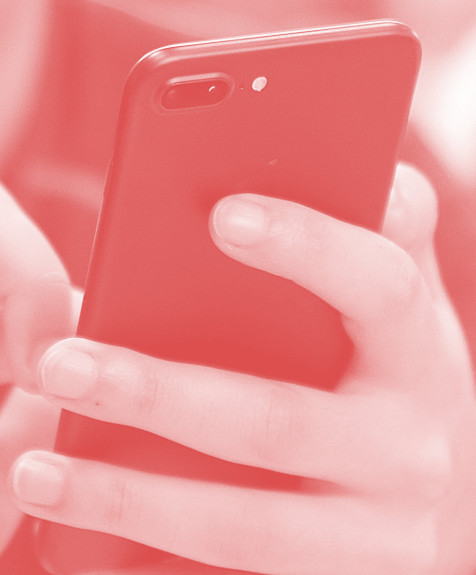Vic phone ban coming
 Mobile phones will be banned for all Victorian state primary and secondary school students from next year.
Mobile phones will be banned for all Victorian state primary and secondary school students from next year.
The Government says the phone ban will reduce distraction, tackle cyber-bullying and improve learning outcomes for students.
Critics say the ban is a technophobic response that fails to consider the practical and educational use of phones in schools, ignores the true nature of bullying, and absolves teachers of having to actually teach their students good behaviours.
Students will be required to switch off their phones and store them securely in lockers from the start of the school day until the final bell. When emergencies occur, parents or guardians can reach their child by calling the school.
The only exceptions to the ban will be where students use phones to monitor health conditions, or where teachers instruct students to bring their phone for a particular classroom activity.
A recent Monash University study of over 2,000 Australian adults found nearly 80 per cent supported a ban on mobile phones in classrooms, while around a third supported a ban from schools altogether.
The Victorian Government is following an international trend, with the French government banning mobiles in school in 2018, and debates on the issue are also taking place in Denmark, Sweden and the United Kingdom as well.
A big part of the reasoning for the ban is to prevent cyber-bullying, but this form of abuse does not happen in isolation from others.
Bullying research has shown that 83 per cent of students who bully others online also bully others in person. Additionally, 84 per cent of students who are bullied online are also bullied in person.
While cyber-bullying is clearly linked to access to technology, many believe banning phones only during school hours will have a minimal effect on bullying. A phone ban still allows for face-to-face abuse at school and for online abuse to continue outside of school hours, where it is already highly prevalent.
While the ban has also been justified as a measure to reduce distraction, students are still free to be distracted by laptops, iPads and other digital devices.
A government review in 2018 led New South Wales to ban mobile phones only from the state's primary schools.
The state left secondary schools free to make their own choice, and noting in its official report that; “We recognise that technology plays an important and increasing role as students progress through their education […] We want to give secondary schools the flexibility to balance the benefits and risks of technology in the way that best supports their students”.
Stanford University research has demonstrated teachers in the most challenging schools can “build on the ways students already use technology outside of school to help them learn in the classroom”.
In fact, the emerging field of ‘m-Learning’ is finding new teaching and learning advantages from mobile devices (including phones) in classrooms.
Victoria will certainly face challenges in enforcing the ban, and may look to the lesson of New York, which banned phones in school in 2006, only to reverse it in 2015.
New York found that better-resourced schools in more affluent areas were more likely to allow students use of phones, while schools in lower-income areas more rigidly enforced the ban.
Authorities eventually ruled that government resources were better directed toward supporting students to learn how to use technology responsibly.








 Print
Print